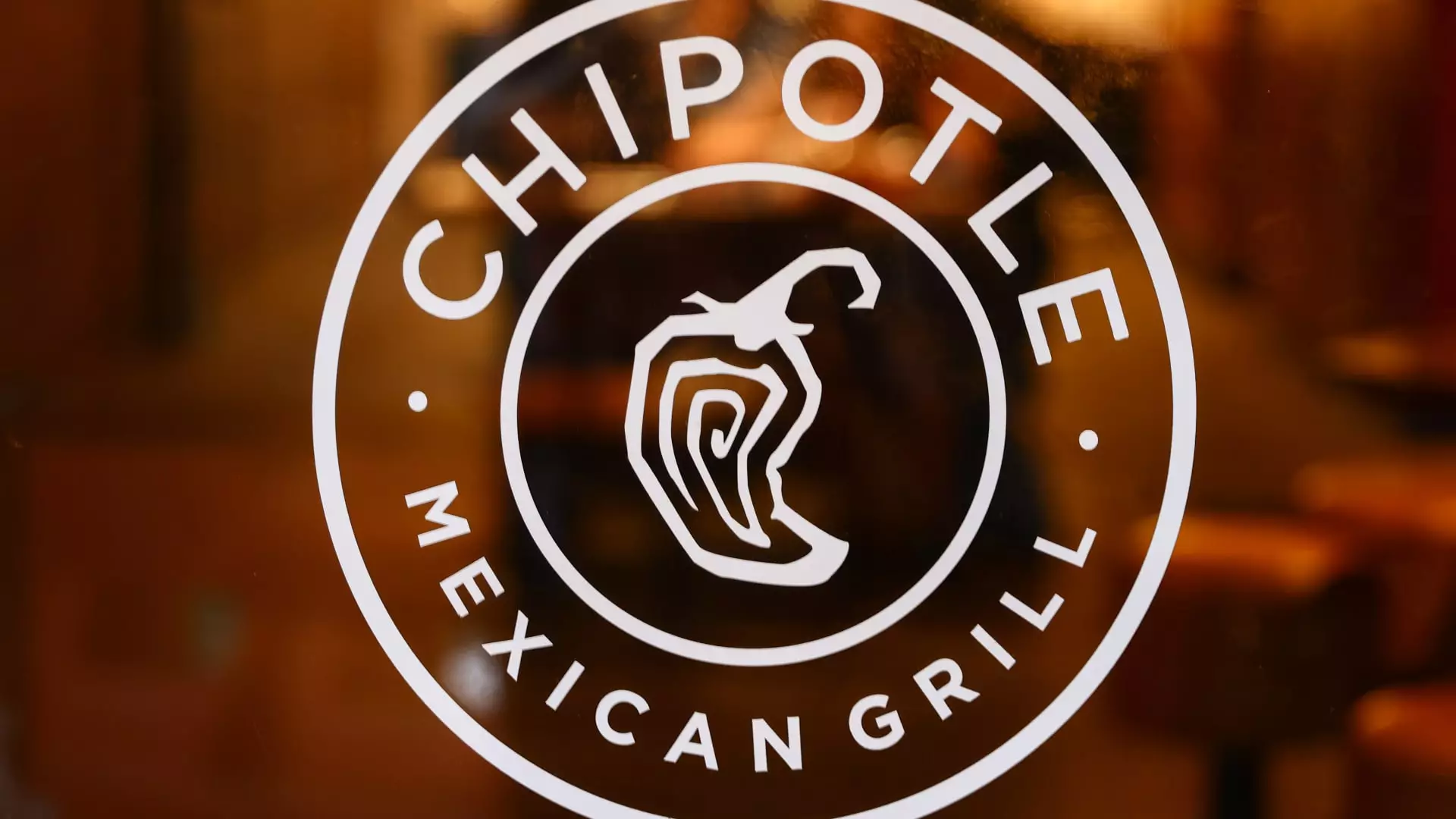In an ambitious and somewhat audacious move, Chipotle Mexican Grill is setting the stage for its inaugural location in Mexico, scheduled to open in early 2026. This expansion illustrates a keen interest in tapping into a new demographic, a noteworthy shift for a brand that has historically invested much of its resources in the U.S. market. The deal made with Alsea, a corporation well-acquainted with the Latin American food landscape, could pave the way for additional restaurants across the region. However, the enthusiasm for this expansion is tempered by the current geopolitical climate, particularly the fraught trade relations between the U.S. and Mexico, which introduces a layer of complexity that could impact business operations significantly.
A Double-Edged Sword
While the decision to venture into Mexico represents an opportunity for growth, it also comes with inherent risks. In light of President Donald Trump’s confrontational trade policy, which has often stirred mistrust between the two nations, it is puzzling that Chipotle would choose this moment to deepen its ties with Mexico. The original tariff on avocados, a staple in Chipotle’s offerings, illustrates the unpredictable economic landscape that businesses must now navigate. Although the company has adjusted its sourcing strategy to lessen dependency on Mexican avocados, the ramifications of tariffs and trade relations remain unpredictable. Chipotle may find itself on uncertain ground, grappling with external pressures that could alter its operating costs and profitability.
The Cultural Conundrum
Another significant aspect to consider is the cultural disconnect that often arises when U.S. chains attempt to enter the Mexican market. Historical attempts by domestic fast-food giants, such as Yum Brands’ Taco Bell, have shown that American interpretations of traditional Mexican cuisine do not always translate well in their homeland. Food in Mexico is deeply embedded in cultural nuances, and Chipotle must walk a fine line to encourage acceptance while respecting authentic culinary traditions. The company’s strategy focuses on the “fresh food” angle—a cornerstone of its brand—but the question remains: Will the Mexican consumer align with Chipotle’s version of their own cuisine?
Future Prospects
Despite the risks and challenges, Chipotle is banking on its understanding of fresh, quality ingredients resonating with Mexican consumers. Nate Lawton, the chief business development officer, is optimistic that the recognizable appeal of Chipotle can triumph in this new landscape. However, hope alone is not a strategy. The true measure of success will hinge on their ability to adapt, innovate, and respond to the specific tastes of a market that might not view Chipotle as the culinary beacon it sees itself to be. Moving forward requires a blend of cautious optimism and strategic agility—a task that demands both creativity and respect for the local culture in order to transform an uncertain venture into a resounding success.

